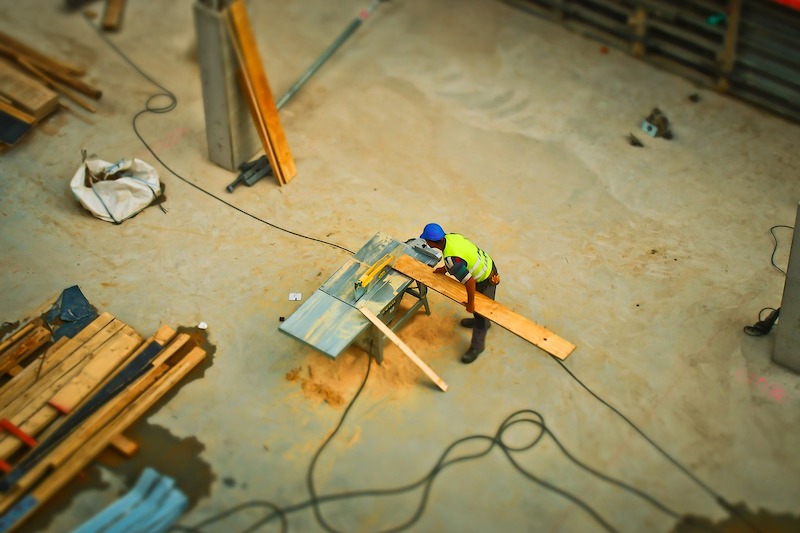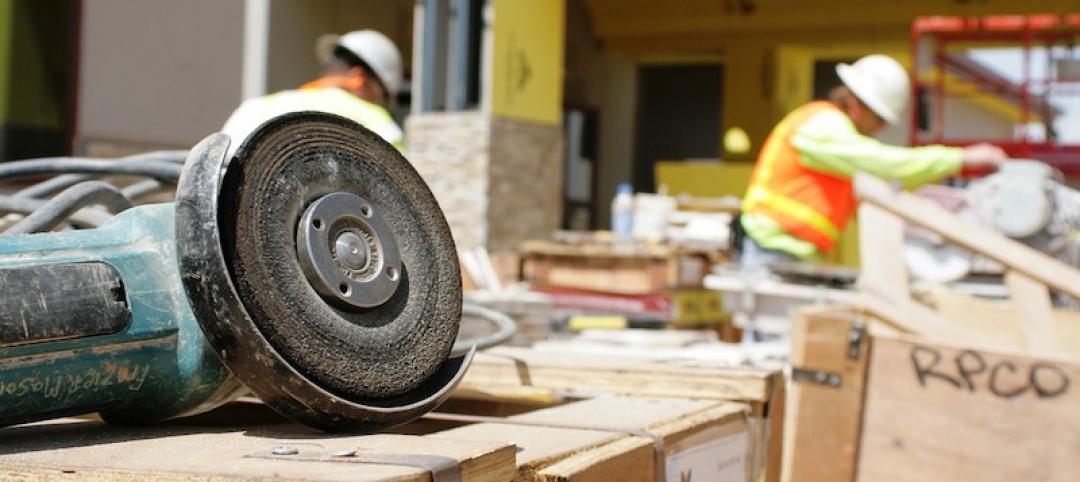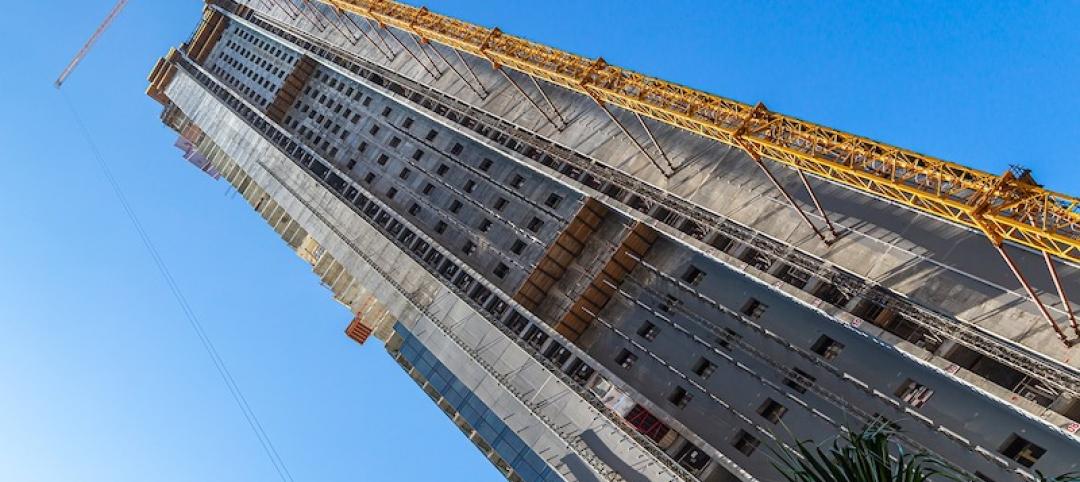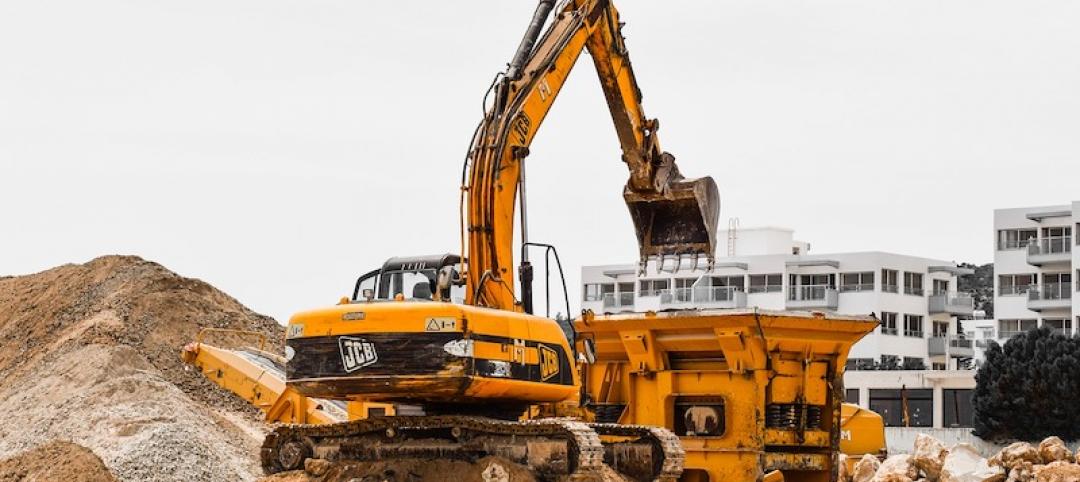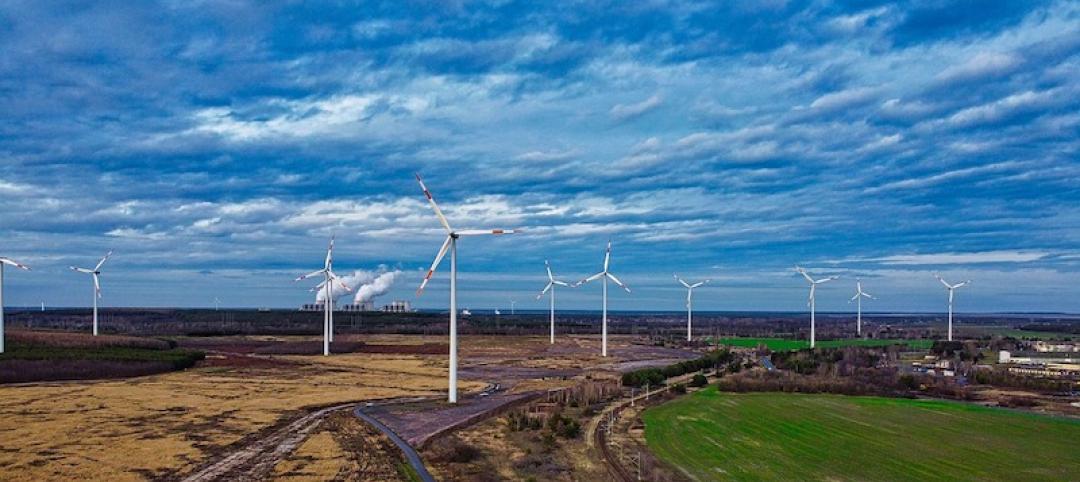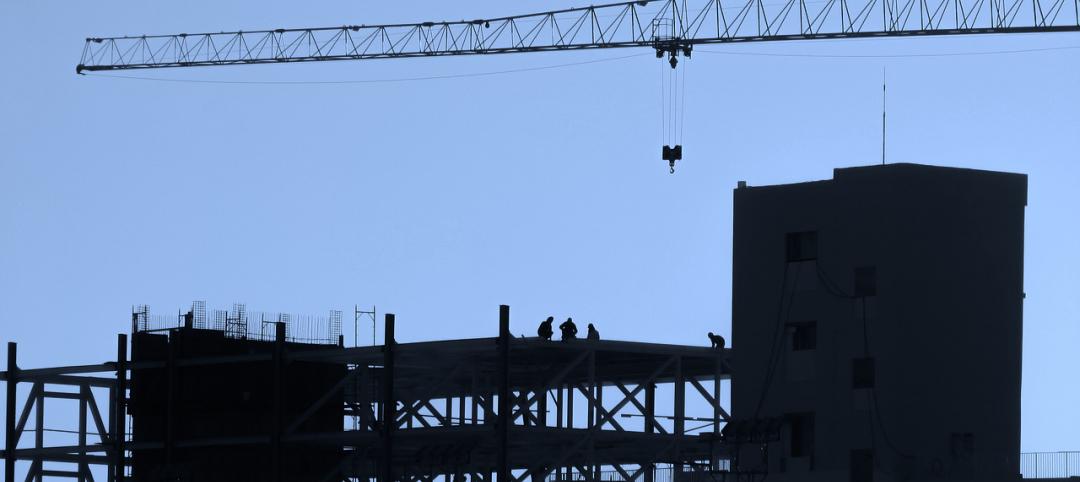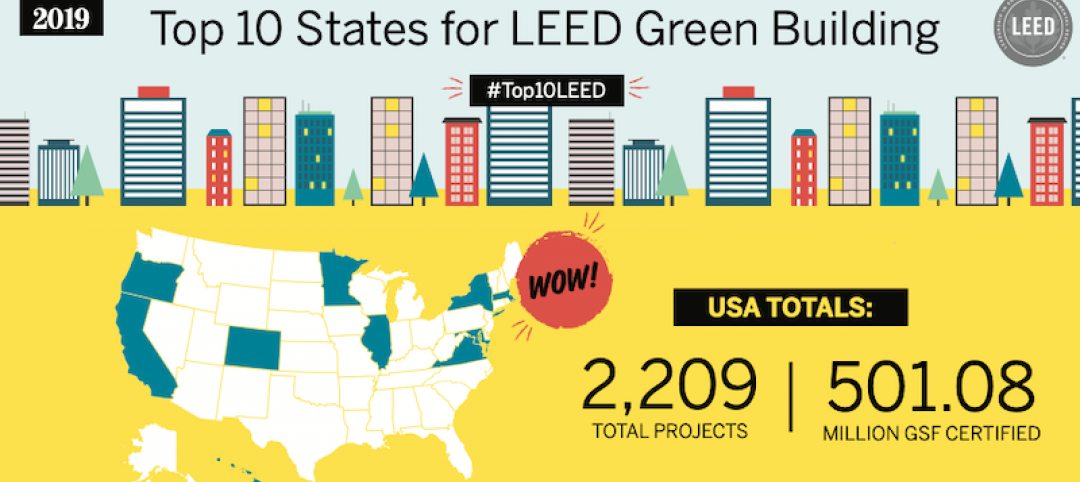A small increase in total construction spending in September masked a widening gap between declines in most nonresidential segments and robust gains in residential construction, according to an analysis by the Associated General Contractors of America of government data released today. Association officials warned nonresidential construction is headed for an even steeper slump unless officials in Washington enact relief promptly, noting that their latest industry survey found three out of four respondents had experienced a postponed or cancelled project since the start of the pandemic.
“The September spending report shows the gulf between housing and nonresidential markets is growing steadily wider,” said Ken Simonson, the association’s chief economist. “In our October survey, 75% of respondents reported a postponed or cancelled project, up from 60% in August and 32% in June.”
Construction spending in September totaled $1.41 trillion at a seasonally adjusted annual rate, an increase of 0.3% from the pace in August and 1.5% higher than in September 2019. Private and public nonresidential spending slumped by a combined 1.6% since August and 4.4% from a year earlier, while private residential spending climbed by 2.8% for the month and 9.9% year-over-year.
Private nonresidential construction spending declined for the third consecutive month, falling 1.5% from August to September, with decreases in nine out of 11 categories. The largest private nonresidential segment, power construction, declined 2.2% for the month. Among the other large private nonresidential project types, commercial construction—comprising retail, warehouse and farm structures—slid 1.9%, manufacturing construction declined 2.1%, and office construction rose 0.3%. Simonson noted that the office figure was likely inflated by inclusion of data centers, a segment that appears to have held up well.
Public construction spending fell 1.7% in September, the fourth monthly decline in a row. The largest public category, highway and street construction, tumbled 5.4% for the month. Among other large public segments, educational construction increased 2.0% for the month, while transportation construction dipped 0.3%.
Private residential construction spending increased for the fourth-straight month, rising 2.8% in September. Single-family homebuilding soared 5.7% for the month, while multifamily construction spending rose 1.2% and residential improvements declined 0.4%.
Association officials noted that the coronavirus was having a significant, negative impact on most commercial construction firms. In addition to widespread project delays and cancellations, the association’s recent survey found most contractors do not expect to expand their headcount during the next 12 months because of the pandemic. Many contractors report they are looking to Washington to enact new infrastructure investments and liability reforms to offset the ongoing impacts of the coronavirus.
“The pandemic is suppressing demand for new office buildings, hotels and shopping centers even while it inspires many people to build bigger homes,” said Stephen E. Sandherr, the association’s chief executive officer. “Without new federal investments in infrastructure and other needed relief measures, commercial firms will have a hard time retaining staff or investing in new equipment and supplies.”
Related Stories
Market Data | Feb 5, 2020
Construction employment increases in 211 out of 358 metro areas from December 2018 to 2019
Dallas-Plano-Irving, Texas and Kansas City have largest gains; New York City and Fairbanks, Alaska lag the most as labor shortages likely kept firms in many areas from adding even more workers.
Market Data | Feb 4, 2020
Construction spending dips in December as nonresidential losses offset housing pickup
Homebuilding strengthens but infrastructure and other nonresidential spending fades in recent months, reversing pattern in early 2019.
Market Data | Feb 4, 2020
IMEG Corp. acquires Clark Engineering
Founded in 1938 in Minneapolis, Clark Engineering has an extensive history of public and private project experience.
Market Data | Jan 30, 2020
U.S. economy expands 2.1% in 4th quarter
Investment in structures contracts.
Market Data | Jan 30, 2020
US construction & real estate industry sees a drop of 30.4% in deal activity in December 2019
A total of 48 deals worth $505.11m were announced in December 2019.
Market Data | Jan 29, 2020
Navigant research report finds global wind capacity value is expected to increase tenfold over the next decade
Wind power is being developed in more countries as well as offshore and onshore.
Market Data | Jan 28, 2020
What eight leading economists predict for nonresidential construction in 2020 and 2021
Public safety, education, and healthcare highlight a market that is entering growth-slowdown mode, but no downturn is projected, according to AIA's latest Consensus Construction Forecast panel.
Market Data | Jan 28, 2020
Los Angeles has the largest hotel construction pipeline in the United States
Los Angeles will have a growth rate of 2.5% with 19 new hotels/2,589 rooms opening.
Market Data | Jan 27, 2020
U.S. hotel construction pipeline finishes 2019 trending upward
Projects under construction continue to rise reaching an all-time high of 1,768 projects.
Market Data | Jan 24, 2020
U.S. Green Building Council releases the top 10 states for LEED
Colorado leads the nation, showing how LEED green buildings support climate action and a better quality of life.


